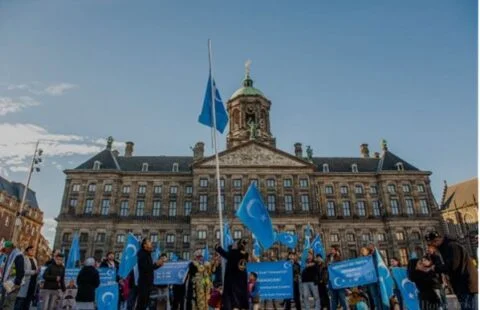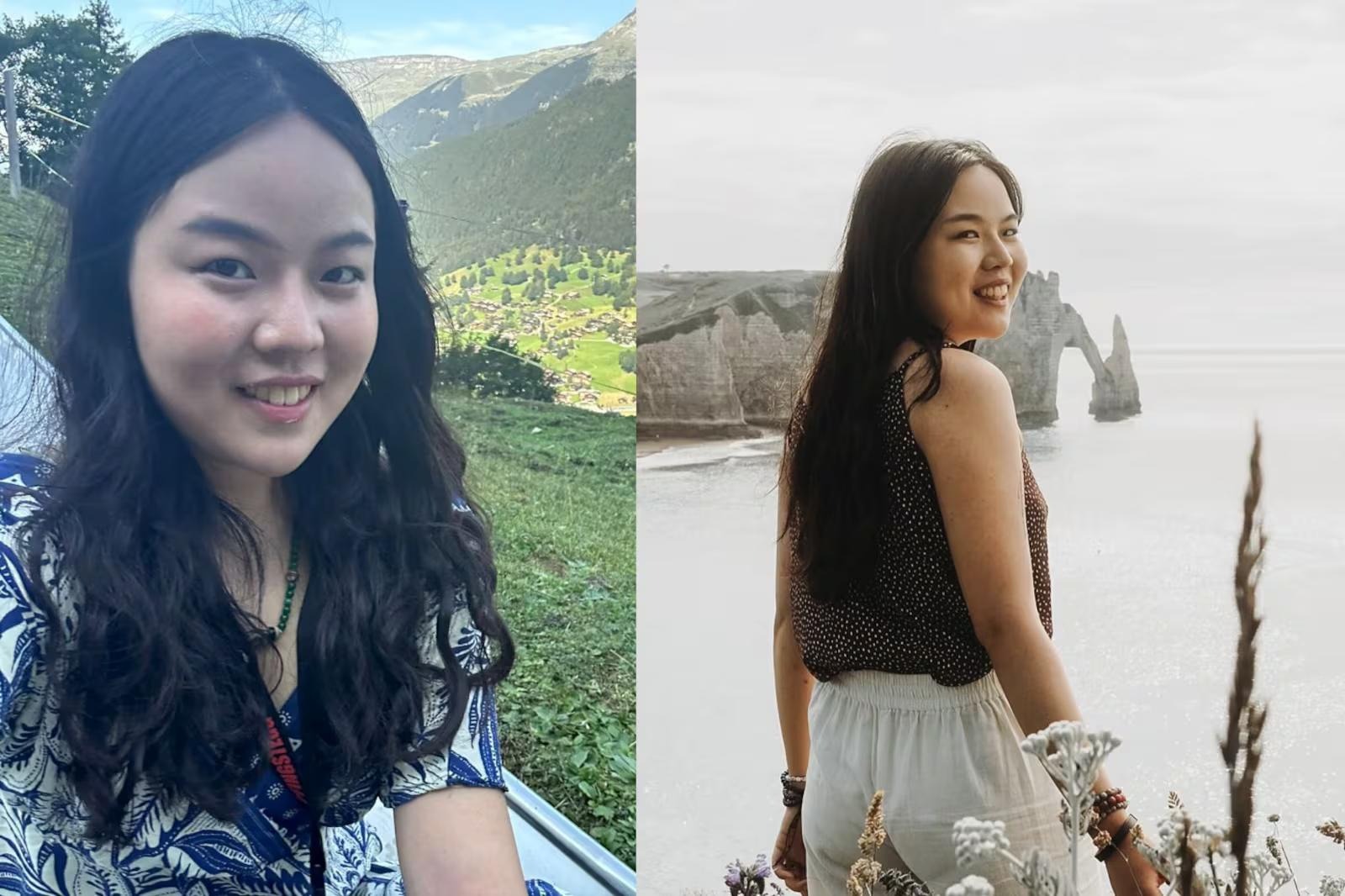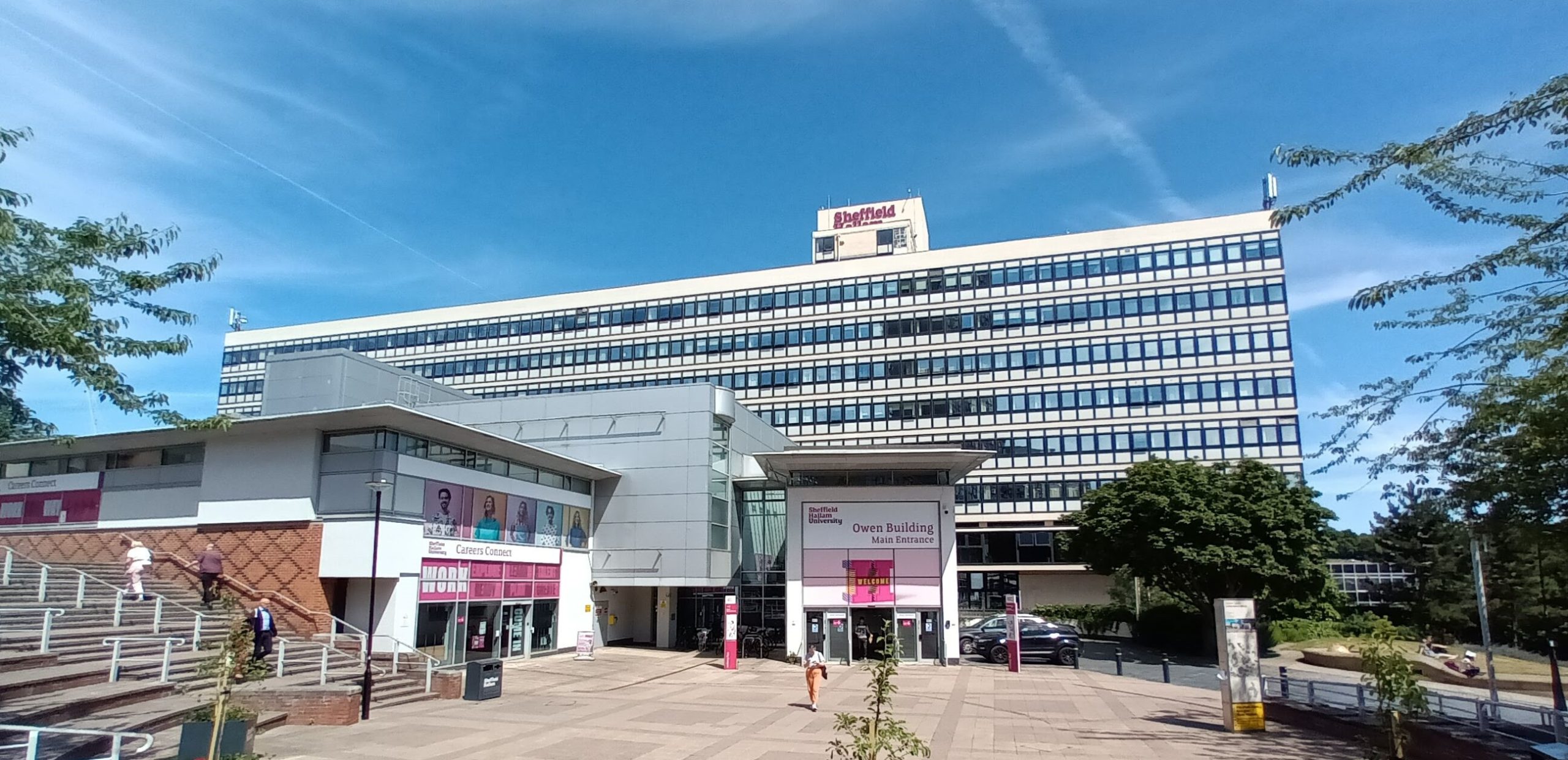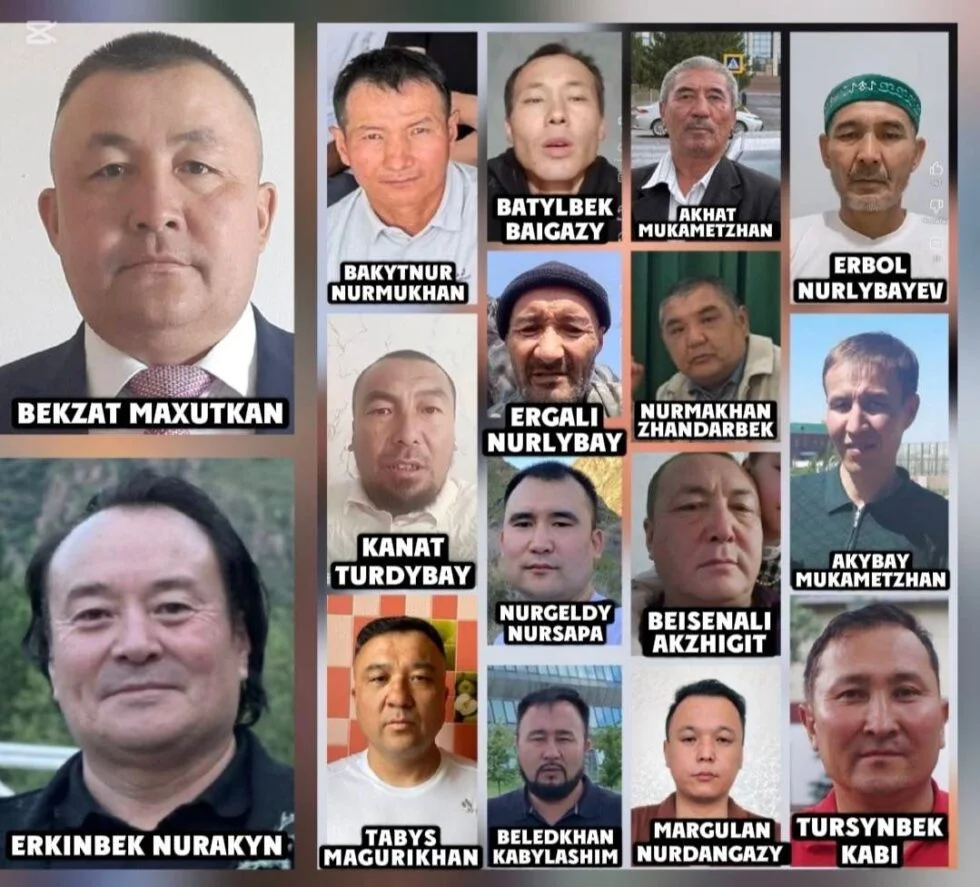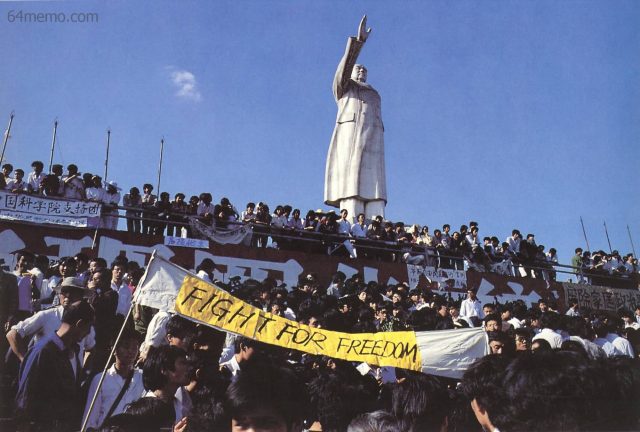
Reverend Chu Yiu-ming, a retired minister at the Chai Wan Baptist Church in Hong Kong, was recently in the headlines as one of nine pro-democracy activists convicted in April 2019 for crimes related to their part in the 2014 Occupy Central protests, which shut down key parts of Hong Kong for 79 days.
Chu, who received a suspended sentence for the 2014 protests, led “Operation Yellowbird,” a secret rescue mission to help pro-democracy activists wanted by the Chinese government after the June 4, 1989 Tiananmen Square crackdown to escape overseas via Hong Kong, which was still a British colony.
Chu, 76, cared for the Chinese pro-democracy activists who stayed in Hong Kong until 1997, when sovereignty over Hong Kong was transferred to China and Operation Yellowbird’s mission also came to an end. In eight years, the operation had successfully enabled 400 pro-democracy Chinese activists to escape to free countries.
Chu spoke to RFA about the recent year of angry protests over the expansion of mainland China control over Hong Kong in the run up to the 31st anniversary of the crackdown.
RFA: What stirred you to action as you witnessed the events in Beijing of 1989?
Chu Yiu-ming: It was so painful to watch what had happened in Tiananmen Square on the night of June 4th. So many wounded. So many had lost their lives. What could I do? I truly did not know what I could do to help. Then two weeks later, the pro-democracy activist Szeto Wah asked me, ‘Reverend Chu, can you help us?’
RFA: What was your next move?
I went to the French Consulate in Hong Kong. The then-deputy Consulate General J.P. Montagne agreed to my request immediately. He said, ‘I’ll do it. I’ll issue the visas.’ I finally saw him again two years ago. I asked him, ‘How could you have made that decision immediately?’ He said, ‘Reverend, if you need to take a leak, do you go ask permission? No, you just go to the restroom. These people’s lives are in danger. Who Should I ask? No one. We have to save them. It’s that simple.’
RFA: You ended up devoting many years to the cause of the Yellow Bird escapees.
As a reverend, I took it upon myself without hesitation to care for those on the run. I did not ask for it, but when the historical responsibility fell unto me, at that critical moment, I was called to serve this purpose, and I did it.
RFA: You’ve recently visited a number of the people you helped escape through Hong Kong 31 years ago?
This may be our last time seeing each other. But knowing that they are well, I feel great peace and joy in me. However, 30 years have passed, and some of them still can’t forget what they had witnessed in Tiananmen Square on that day. In the face of gun shots and the approaching tanks. No one can help it. This will be a century-long trauma for the Chinese people.
RFA: Former Hong Kong bookseller Lam Wing-kei has left the city and re-opened a bookstore in Taiwan after he and four colleagues were detained by Chinese police for books they sold in Hong Kong. What does this signify?
I think it’s really sad that someone has to leave Hong Kong this way. So I don’t think Hong Kong is a safe place anymore. Any authoritarian country would arrest, jail, and assassinate dissidents in the name of national security, or it would just make the dissidents disappear. Such measures would create fear in the society so as to deter anyone who seeks justice.
Translated by Min Eu.
Source: Copyright © 1998-2016, RFA. Used with the permission of Radio Free Asia, 2025 M St. NW, Suite 300, Washington DC 20036. https://www.rfa.org.





